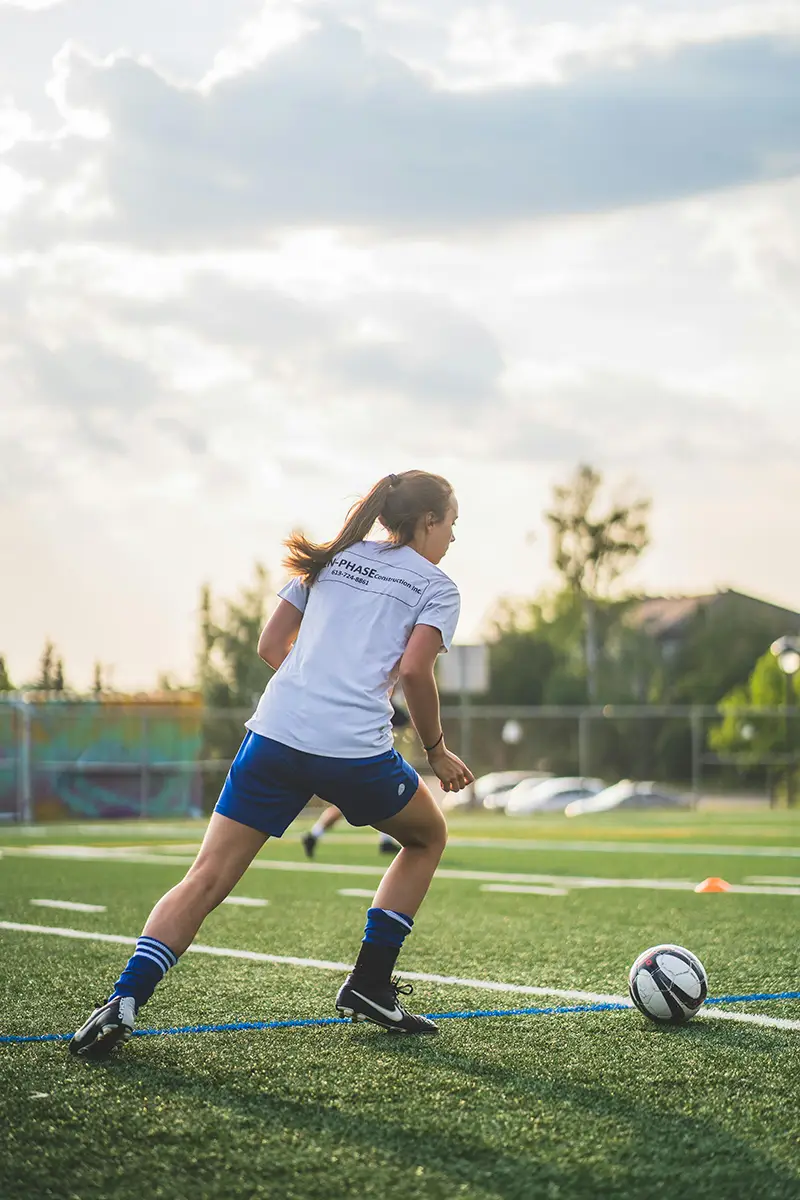The Mission of The Women’s Sports Union is to unite the voices of women and girls in UK sport.
We believe everyone should have access to sport, but everyone must compete in the category to which their biological body belongs.
All sports, by definition, are competitive; if you have a winner, a winning team, a place or a time.
Competition in sport is sex affected because of the biological differences between the two sexes.
Women and girls get a tiny proportion of the funding and opportunities that males get in sport; we want to improve that. Women and girls have specific challenges that are often ignored or overlooked.

Fighting for fair funding, facilities, and opportunities for women across all sports.

Offering resources, information, and networks for women and girls of all abilities.

If you have experienced a male competing in a female sport category or if you have experienced direct or indirect sex discrimination, we want to hear from you.

Promoting respect, safety, and empowerment for women both on and off the field. This also included the ability to change away from any and all males.